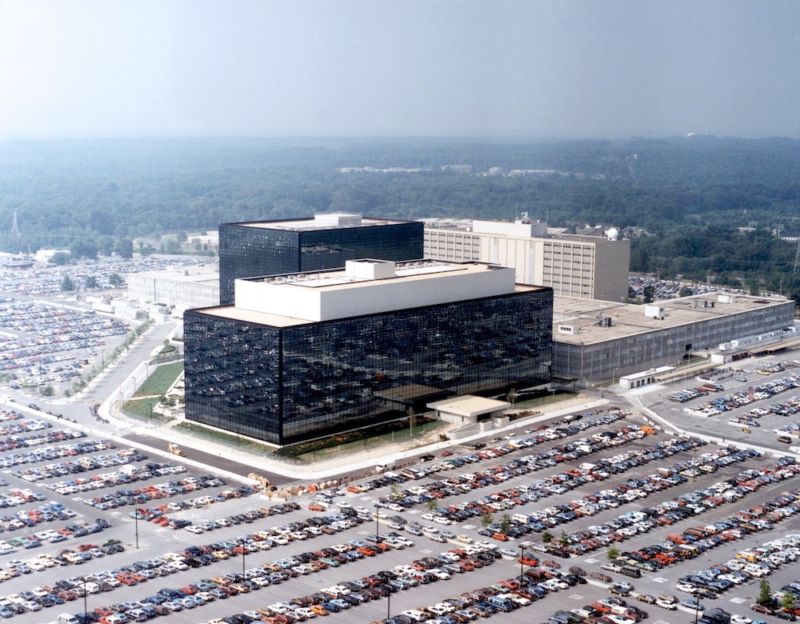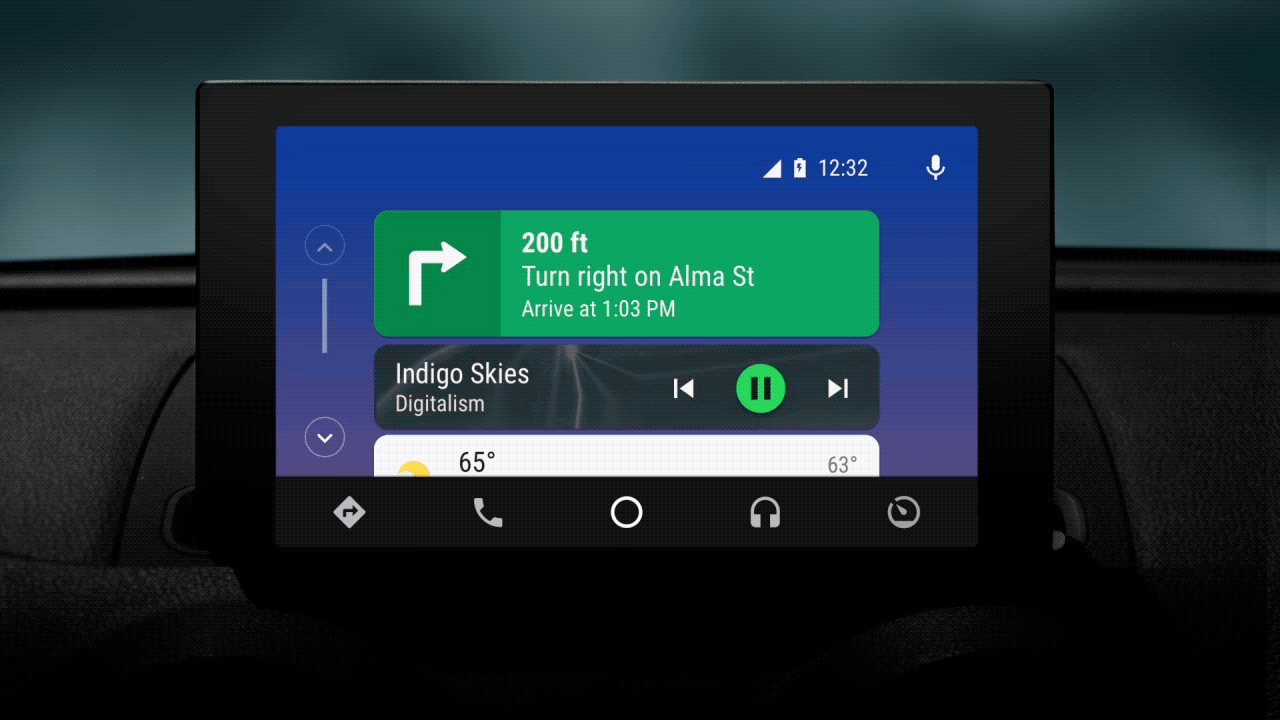Sponsored Links
Hey, good morning! You look fabulous.
The week started with Microsoft's big developer conference, and at 1 PM ET, we'll be coming to you live from Google I/O 2019. Until then, check out the big news about Linux, and the first new iPhone game we've seen from Apple in over a decade.
Is it time we gave nuclear power another chance?
For a variety of reasons, nuclear power has been benched and is currently contributing a lot less than it could to our global energy needs. As the world looks for carbon-free energy sources to use before climate catastrophe strikes, Daniel Cooper explains why fusion should be on the table as an option.
Windows 10 will get a built-in Linux kernel this summer
Microsoft announced in a blog post that it's going to ship a full Linux kernel in Windows 10. It will arrive first with Insider preview builds by the end of June, underpinning the new Windows Subsystem for Linux 2. By making this switch as a "drop-in replacement" for the current emulator, it should speed up performance significantly, with faster bootup and more efficient use of memory. Right now, developers can try out a new Windows Terminal command-line app.
You can tell Alexa to set a routine for sunrise instead of a specific time
As of today, you can set up an Alexa routine to trigger actions when your alarm stops. You might prompt Alexa to read your flash briefing a few minutes after your alarm goes off, or perhaps to turn on the coffee machine once you've finally stopped hitting the snooze button. It can trigger actions tied to when your security camera spots a human being or to sunrise/sunset, even as those shift from day to day.
Dust storms may have stolen all Mars' water
After fine dust coated Opportunity's solar panels, the rover apparently lost power and was declared dead by NASA in February 2019. Now, scientists think similar storms may have also delivered a coup de grace to water on Mars, stripping it from its surface for good.
Android Auto redesign helps you focus on the road
Google has unveiled a new Android Auto interface that's designed to keep more of your attention on the road and, ultimately, adapt to the reality of modern touchscreen-centric cars. It's finally built to fit wider displays, and a dark theme helps it blend in with more interiors. There's also a new navigation bar that lets you juggle turn-by-turn directions with app controls and calling tasks, as well as a redefined notifications setup. The new revision should make an appearance on all compatible cars this summer.
But wait, there's more...
- Twitter lets you add GIFs to retweets
- Master & Dynamic's MW65 are its first noise-cancelling headphones
- Alexa takes hands-free voice commands on Windows 10 PCs
- Scientists find that playing 'Pokémon' as a kid may have rewired your brain
- Microsoft Edge is getting an Internet Explorer mode
- Microsoft's Fluid Framework is a new take on document collaboration
- Apple's first iPhone game in over a decade stars Warren Buffett
- Commercial drones are way more popular than the FAA expected
- Israel is the first to respond to a cyberattack with immediate force
- Apple's would-be sapphire-glass supplier GT Advanced Technologies charged with fraud
The Morning After is a new daily newsletter from Engadget designed to help you fight off FOMO. Who knows what you'll miss if you don't Subscribe.
Craving even more? Like us on Facebook or Follow us on Twitter.
Have a suggestion on how we can improve The Morning After? Send us a note.
https://www.engadget.com/2019/05/07/the-morning-after/
2019-05-07 10:30:27Z
52780287597808












